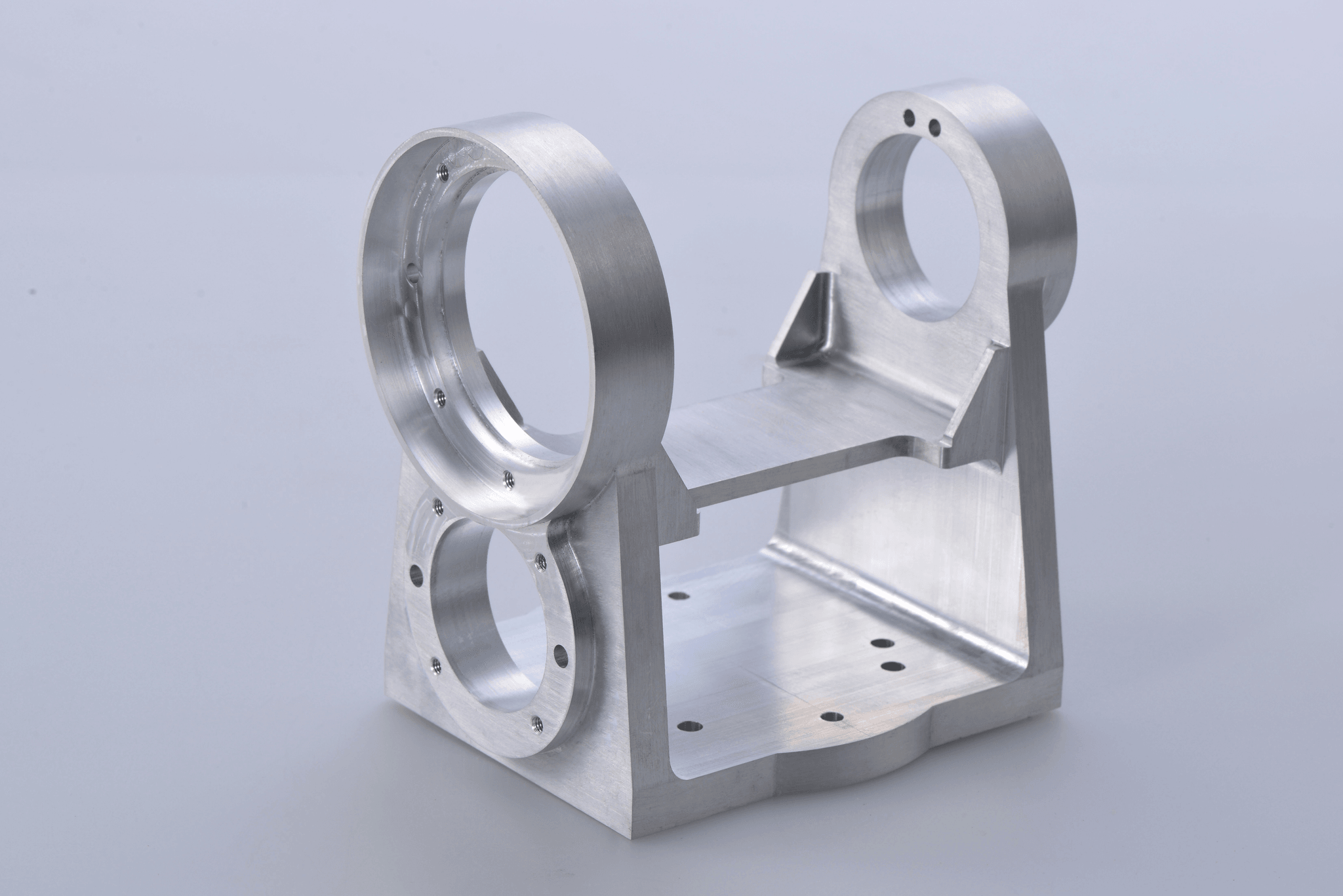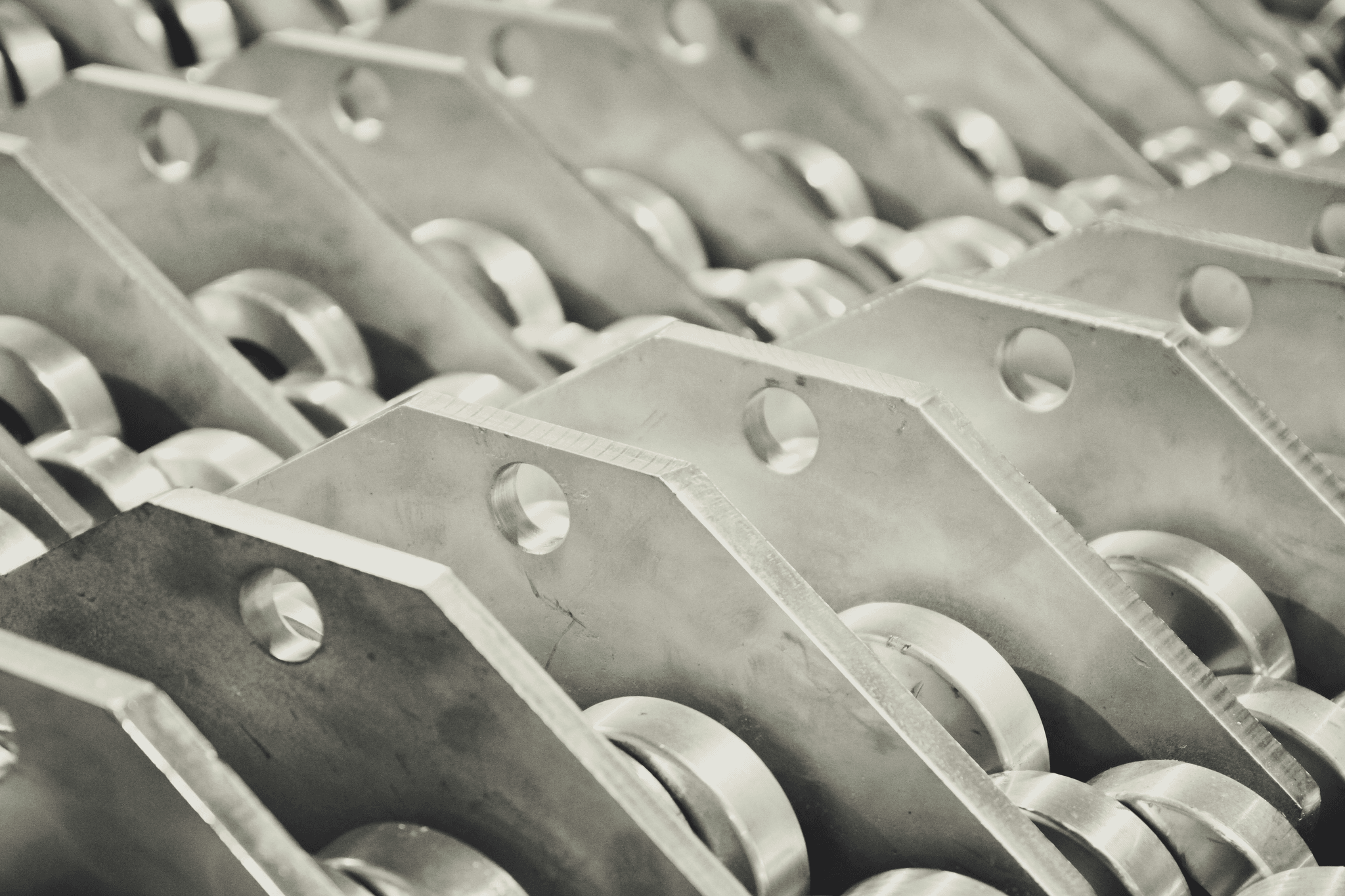Introduction

When it comes to manufacturing and engineering, understanding various aluminum alloy grades is crucial for achieving the desired performance and quality. Different aluminum alloy grades offer unique benefits and properties, making it essential to choose the right grade for specific applications. Whether it's for automotive parts, outdoor lamp series, or gas appliances, selecting the appropriate aluminum alloy grade can make a significant difference in the end product's performance and durability.
Understanding Various Aluminum Alloy Grades
To comprehend the significance of aluminum alloy grades, one must delve into the composition and properties of different grades. Each grade possesses distinct characteristics that make them suitable for specific applications. Understanding these properties helps in making informed decisions when selecting the right aluminum alloy grade for a particular project.
Benefits of Different Aluminum Alloy Grades
The benefits of different aluminum alloy grades range from strength and durability to corrosion resistance and formability. For instance, 1100 Aluminum Alloy Grade is known for its strength and durability, while 6061 Aluminum Alloy Grade excels in corrosion resistance. Recognizing these benefits allows engineers and manufacturers to optimize their designs according to their specific requirements.
Choosing the Right Aluminum Alloy Grade
Selecting the right aluminum alloy grade involves considering various factors such as application requirements, environmental conditions, and desired performance characteristics. It also involves comparing different grades to understand their suitability for a particular project. For example, comparing 5052 and 6061 Aluminum Alloy Grades can provide insights into their differences in terms of strength, corrosion resistance, and formability.
What is Aluminum Alloy Grades?

Aluminum alloy grades refer to the different compositions and properties of aluminum alloys, which are used in various applications across industries. These grades are distinguished by their unique characteristics, such as strength, durability, and corrosion resistance.
Composition and properties of different aluminum alloy grades
Each aluminum alloy grade has a specific composition that determines its properties. For example, 1100 aluminum alloy is composed mainly of aluminum and has excellent formability and corrosion resistance. In contrast, 6061 aluminum alloy contains magnesium and silicon, providing high strength and good machinability.
Applications of different aluminum alloy grades
Aluminum alloy grades are utilized in a wide range of applications due to their diverse properties. They are commonly used in the aerospace industry for aircraft components, as well as in the automotive industry for manufacturing parts such as wheels and body panels.
Comparing 5052 and 6061 Aluminum Alloy Grades
The main difference between 5052 and 6061 aluminum alloys lies in their composition and properties. While both offer good weldability, 5052 is known for its excellent corrosion resistance, making it suitable for marine applications. On the other hand, 6061 is prized for its high strength and versatility, making it ideal for structural components.
Benefits of Specific Aluminum Alloy Grades

Strength and durability of 1100 Aluminum Alloy Grade
When it comes to strength and durability, the 1100 aluminum alloy grade stands out. With excellent resistance to corrosion and high electrical conductivity, this grade is ideal for various applications in the electrical industry. Its low strength makes it suitable for processes such as welding and brazing.
Corrosion resistance of 6061 Aluminum Alloy Grade
The 6061 aluminum alloy grade is renowned for its exceptional corrosion resistance, making it a popular choice in marine and chemical processing applications. Its high strength and good machinability also make it suitable for structural components in aerospace and automotive industries.
Flexibility and formability of 5052 Aluminum Alloy Grade
Known for its flexibility and formability, the 5052 aluminum alloy grade is widely used in sheet metal fabrication. It offers excellent weldability and high fatigue strength, making it suitable for applications such as fuel tanks, truck/trailer bodies, and kitchen cabinets.
Aluminum Die Cast Alloys

Overview of aluminum die cast alloys
Aluminum die cast alloys are created by injecting molten aluminum into a steel mold under high pressure. This process allows for complex shapes and thin walls to be created with high precision and repeatability. Commonly used in automotive, aerospace, and consumer electronics industries, die cast aluminum alloys offer exceptional strength-to-weight ratio and excellent corrosion resistance.
Advantages of using die cast aluminum alloys
Die cast aluminum alloys offer numerous advantages, including high dimensional stability, excellent thermal conductivity, and superior electrical conductivity. They also provide good mechanical properties and are highly recyclable, making them a sustainable choice for manufacturers looking to reduce their environmental impact.
Ningbo Buttler Precision Machinery Co., Ltd.: A Leader in Die Casting Molds
Ningbo Buttler Precision Machinery Co., Ltd. is a renowned company specializing in the production of die-casting molds and aluminum and zinc castings. With a focus on smart part engineering for better part designs, they offer cost-effective manufacturing solutions that maximize performance and casting quality while minimizing the need for secondary operations. Their expertise in surface treatment, assembly, and packaging makes them a trusted partner for companies seeking high-quality die-cast components.
The Process of Cast Aluminum Alloys

When it comes to casting methods for aluminum alloys, there are several techniques used in the industry. These include sand casting, die casting, investment casting, and permanent mold casting. Each method has its own advantages and is chosen based on the specific requirements of the project and the desired outcome.
Casting methods for aluminum alloys
Sand casting is a popular method for producing aluminum parts with complex geometries. Die casting, on the other hand, is suitable for high-volume production of detailed parts with tight tolerances. Investment casting offers excellent surface finish and dimensional accuracy, while permanent mold casting provides consistent mechanical properties.
Surface treatment and finishing of cast aluminum
Once the cast aluminum parts are formed, surface treatment and finishing processes are essential to enhance their appearance and performance. This can include processes such as anodizing, powder coating, painting, polishing, or plating to provide corrosion resistance, improve aesthetics, and increase durability.
After the surface treatment and finishing processes, it is important to consider the overall design of the cast aluminum parts. Smart part engineering can lead to better part designs that not only look great but also function optimally. This involves considering factors such as weight reduction, material optimization, and structural integrity to ensure that the parts meet performance requirements while maintaining a sleek appearance.
Smart Part Engineering for Better Part Designs
Ningbo Buttler Precision Machinery Co., Ltd. specializes in providing innovative tooling designs engineered for cost-effective manufacturing to maximize performance and casting quality while minimizing the need for secondary operations! Their Engineering Design Review Process allows clients to optimize new and existing parts at no cost.
Ningbo Buttler Precision Machinery Co., Ltd. is committed to providing the best possible solutions for their clients' part design needs. With a focus on cost-effective manufacturing and maximizing performance, their innovative tooling designs are engineered to deliver top-notch casting quality while minimizing the need for secondary operations. Through their Engineering Design Review Process, clients have the opportunity to optimize both new and existing parts at no additional cost, ensuring that they get the most out of their manufacturing processes.
Choosing the Right Aluminum Alloy for Your Project

When selecting the right aluminum alloy grade for your project, it's essential to consider factors such as strength, corrosion resistance, and formability. Understanding the specific requirements of your application will help you choose the most suitable aluminum alloy grade to meet your needs.
Factors to consider when selecting aluminum alloy grade
The selection process should take into account the mechanical properties, such as tensile strength and yield strength, as well as the desired surface finish and weldability. Additionally, considering the environmental conditions and potential exposure to corrosive elements will help determine the best aluminum alloy grade for your project.
Applications and benefits of outdoor lamp series
Aluminum alloys are commonly used in outdoor lamp series due to their lightweight nature, corrosion resistance, and ability to withstand harsh weather conditions. The use of aluminum alloys in outdoor lighting fixtures ensures durability and longevity while maintaining an aesthetically pleasing appearance.
In addition to their durability and longevity, outdoor lamp series made with aluminum alloys offer energy efficiency, making them a cost-effective choice for outdoor lighting. The lightweight nature of aluminum alloys also makes installation and maintenance of outdoor lighting fixtures easier and more convenient. With the ability to withstand harsh weather conditions, these lighting fixtures provide reliable illumination for outdoor spaces without the need for frequent replacements or repairs.
Quality and performance of automotive, gas appliance, power tool, and regular appliance parts
Aluminum alloys play a crucial role in various industries, providing high-quality components for automotive parts, gas appliances, power tools, and regular household appliances. The versatility of aluminum alloys allows for efficient manufacturing processes while delivering exceptional performance in diverse applications.
By carefully considering the factors that influence the selection of aluminum alloy grades and understanding their applications across different industries, you can make informed decisions that maximize performance while ensuring cost-effectiveness.
Conclusion

Making informed decisions about aluminum alloy grades is crucial in ensuring the success of your project. Understanding the composition, properties, and applications of different aluminum alloy grades is essential for choosing the right one that meets your specific requirements. Whether it's 5052 or 6061 aluminum alloy, 1100 or 6061, or 1100 and 5052 aluminum, knowing the differences will help you make the best choice for your application.
The importance of quality casting and surface treatment cannot be overstated when it comes to aluminum die cast alloys. Choosing the right die cast aluminum alloys and ensuring proper surface treatment will result in parts that are not only durable and corrosion-resistant but also visually appealing. Ningbo Buttler Precision Machinery Co., Ltd. stands out as a leader in this field, offering innovative tooling designs engineered for cost-effective manufacturing to maximize performance and casting quality.
Maximizing performance with the right aluminum alloy grade is key to achieving desired results in various applications. Whether it's outdoor lamp series, automotive parts, gas appliances, power tools, or regular appliance parts, selecting the appropriate aluminum alloy grade based on factors such as strength, durability, corrosion resistance, flexibility, and formability will ensure optimal performance.

